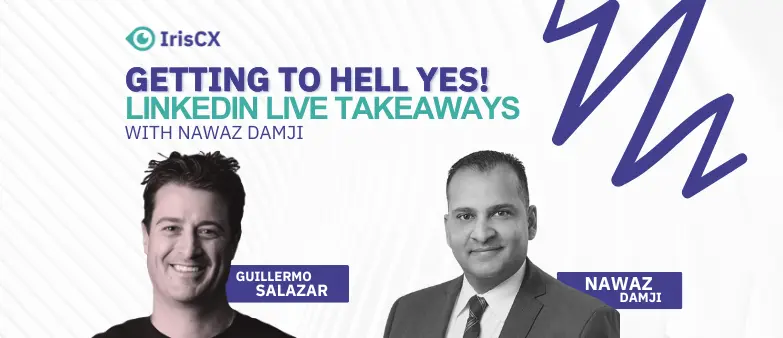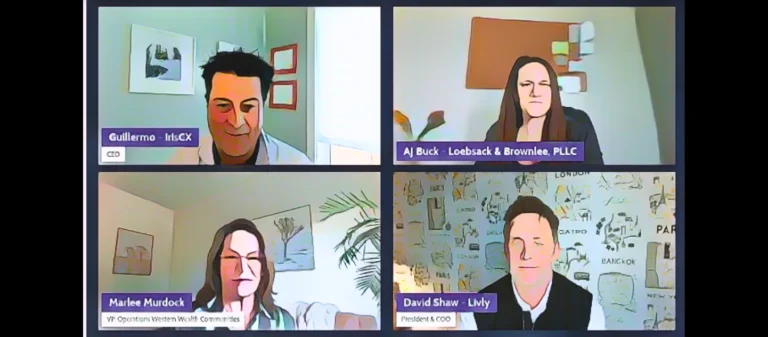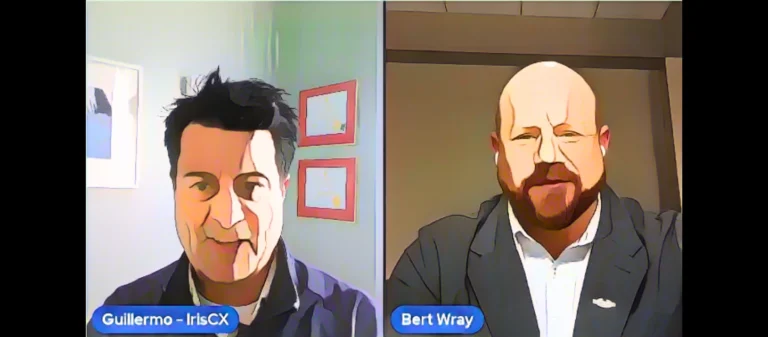The Rise of a Market Disruptor
In an industry where property managers react to problems rather than prevent them, Nawaz Damji takes a different path. As the Managing Partner and Broker at Equium Group, he leads a company managing $6 billion in assets and 22 million square feet, making it one of Canada’s fastest-growing property management firms.
But Nawaz isn’t just another property manager. His background in commercial real estate gives him a different perspective on managing residential and multifamily properties. With years of experience overseeing commercial office portfolios for institutional investors, he sees an opportunity: bring commercial real estate best practices into residential property management.
For many owners, hiring a property manager feels like a necessary but uninspiring decision. They need someone to collect rent, manage tenants, and handle maintenance. Nawaz sets out to prove that property management, done right, isn’t just a cost center—it’s an investment that increases asset value.
The Industry’s Status Quo and Resistance to Change
The biggest challenge Nawaz faces isn’t competition—it’s changing the mindset of property owners. Property management, as he explains, traditionally focuses on low-cost, reactive services that don’t add long-term value. Many managers prioritize short-term financials and administrative duties rather than asset longevity and performance.
Three major problems define the status quo in property management:
- Short-term thinking: Most property managers act as P&L managers, focusing on day-to-day expenses and revenue instead of long-term asset appreciation.
- Vendor dependency: The industry heavily outsources maintenance and capital projects, leading to higher costs and misaligned incentives.
- Deferred maintenance: Without proactive upkeep, buildings degrade faster, increasing long-term repair costs and lowering NOI (Net Operating Income).
To stand out, Nawaz and Equium Group shift the conversation from cost to value. Instead of being just another management company, they position themselves as an asset management partner dedicated to making clients more profitable.
The Proof is in the Numbers
1. Bringing Commercial Best Practices to Residential
Equium Group applies commercial real estate standards to residential and multifamily properties. In commercial property management, long-term operational planning and preventative maintenance are the norm. However, in residential, many owners and managers take a more reactive approach.
Equium’s first major win comes with a 264-unit building suffering from years of deferred maintenance. “We had to prove that maintenance isn’t just an expense—it’s an investment that pays off in the long run,” Nawaz explains. The previous property manager’s solution was simply to “flush the lines more often” instead of fixing the root issue. Equium implements a strategic maintenance and operations plan, reducing maintenance costs by 30% within a year.
2. Preventative Maintenance: An Investment, Not an Expense
Equium shifts maintenance from an emergency-driven cost to a proactive investment. This philosophy delivers real financial results.
At University City, a large residential complex, Equium’s proactive strategy keeps R&M (Repairs & Maintenance) costs flat for seven years. “Most owners expect costs to rise as a building ages, but we’ve shown that with the right approach, you can maintain stability and even create savings,” Nawaz says. Instead of spending on constant emergency repairs, the property owner accumulates over a million dollars in reserve funds.
This approach saves money and increases the long-term value of the asset.
3. Aligning Interests with Owners Through Vertical Integration
Many property managers mark up vendor costs, creating a complicated incentive to spend more. Equium brings critical services in-house, offering better service at a lower cost. Instead of paying a third party, owners benefit from Equium’s team handling:
- Security
- Janitorial and maintenance
- Project management
In one case, Equium renegotiates a client’s waste removal contract mid-term, cutting costs by 30%. “Instead of taking a cut of those savings, we reinvest them where they matter most—preventative maintenance,” Nawaz emphasizes. Instead of pocketing the savings, they reinvest those funds into preventative maintenance, making the property more efficient while keeping overall costs stable.
The ‘Hell Yes’ Moment for Clients
Once owners see the numbers, they realize Equium doesn’t just manage properties—they grow assets. Instead of charging hidden fees, they increase asset value, reduce expenses, and improve NOI. That’s when clients go from being skeptical to saying: “Hell Yes!”
For property owners, the appeal is clear:
- They spend less on maintenance because Equium prevents breakdowns instead of reacting to them.
- Their NOI increases because operational costs optimize.
- Their buildings last longer and appreciate faster, boosting overall investment returns.
This model makes Equium one of the most sought-after property managers in Canada, with a 99% client retention rate and rapid expansion across new markets.
Key Takeaways on Getting to ‘Hell Yes’
1. Solve a Problem Clients Didn’t Know They Had
Property owners accept reactive maintenance as normal, but Equium proves that proactive, strategic management saves money and adds value.
2. Show, Don’t Just Tell
Equium presents real financial data and case studies to prove their methods work. Numbers don’t lie, and when clients see the savings and increased NOI, switching becomes an easy decision.
3. Align Incentives for a Win-Win Relationship
Unlike competitors who profit from vendor markups, Equium creates efficiency and passes savings on to the owner. This alignment builds trust and keeps clients long-term.
Final Thoughts
In an industry known for reactive thinking and misaligned incentives, Equium Group puts long-term asset value first. Their approach disrupts traditional property management, proving that the right strategy doesn’t just reduce costs—it makes properties more profitable.
For property owners looking to optimize their investments, the choice is simple.
Would you say “Hell Yes” to that?




